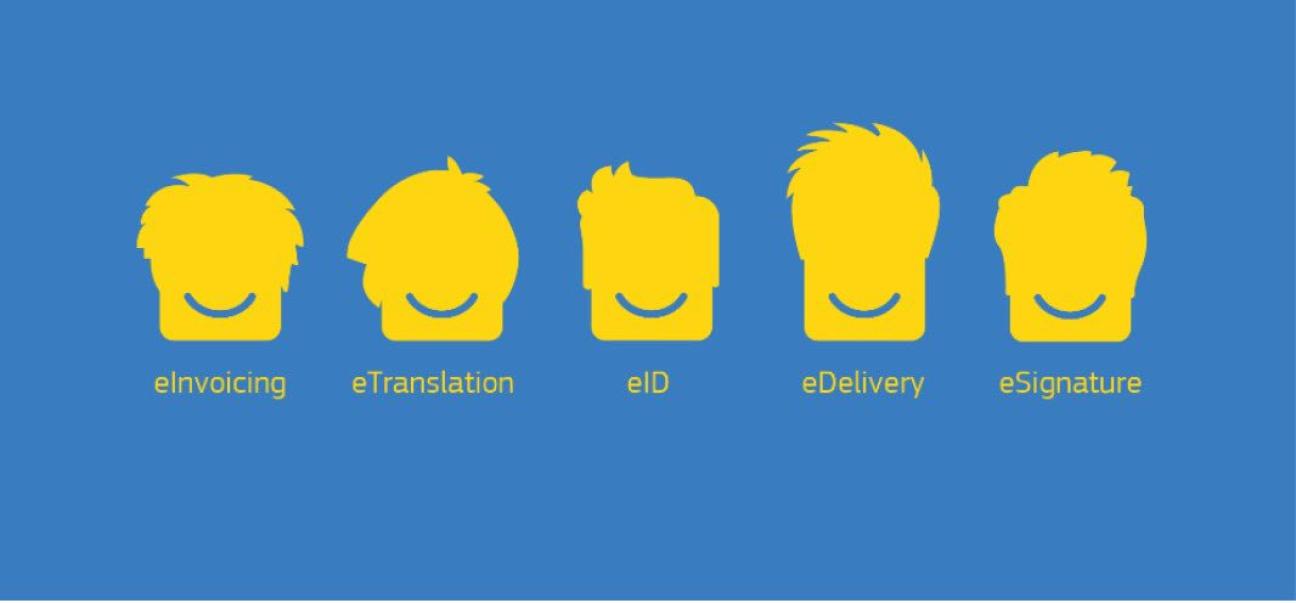The Sejm, the Lower House of Poland’s parliament, has approved changes needed to the country’s laws on electronic identification to allow the implementation of a central IT system for authenticating and identifying users of online public services. This is one of the last hurdles for Poland’s transposing of the eIDAS regulation on electronic identification and trust services for electronic transaction.
The changes will have to be approved by the Senate (both the Lower and Upper House) before it can be signed by the president.
With their vote on 15 June, the deputies approved the creation of the national eIDAS node, the ministry announced in a statement. In September, Poland’s eIDAS implementation passed the European Commission’s conformance tests.
The eIDAS node will make it easier and safer to use eGovernment services. It will link, for example, the Emp@tia social services platform, the national health fund’s ZIP NFZ patient information portal, and the CEIDG business registration portal.
Citizens and companies can leverage the log-on process used for online banking to confirm their identity when using eGovernment services, the ministry says. Similarly, this also removes obstacles for public sector organisations to offer their services online, the ministry adds. “They don’t have to worry about how to make sure that Kowalski is Kowalski.”
Cross-border
Polish citizens will be able to use their Polish eIDAS login to access services in other Member States. Conversely, the node will also allow citizens in other EU Member States to access online services in Poland.
Poland’s eIDAS node is being built by the Research and Academic Computer Network (NASK), part of the Ministry of Digitisation, and the Institute of Mathematical Machines. It is based on the EC’s own sample implementation.
Connecting Europe
On Joinup, the European Commission’s government digitalisation collaboration portal, the Connecting Europe Facility (CEF) community makes available building blocks that are related to the eIDAS sample implementation:
- CEF eID – which helps public administrations and private online service providers to easily extend the use of their online services to citizens from other EU Member States; and
- CIPA eDelivery – which provides a generic solution for public administrations to exchange documents in a secure and reliable way.

The components of the eIDAS sample implementation are available as open source software, published under the European Union’s Public Licence (EUPL), a recognised licence for software source code, manuals, documentation and data. The EUPL licence is one of the outcomes of the European Commission’s Open Source Observatory (OSOR). (Both projects are part of the Joinup portal.) The licence encourages sharing and reuse of ICT solutions by being flexible on how to licence downstream versions of the software, combined with strong copyleft.
The Joinup portal also aggregates information on eIDAS implementations in other Member States. A country implementation of eIDAS software is tracked, for example, in the eGovernment factsheets by the National Interoperability Framework Observatory (NIFO).
More information:
Announcement by the Ministry of Digitisation
eIDAS-Node integration package
ePractice news item

